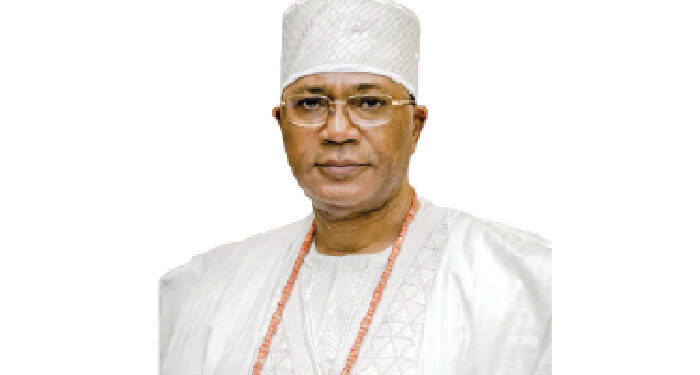At the 2025 Presidential Media Luncheon in Lagos on Wednesday, MAN President Francis Meshioye highlighted the dire state of the manufacturing sector, blaming high inflation and dwindling consumer purchasing power for the accumulation of unsold goods.
“Nigeria’s inflation reached 34.6% by November 2024, severely eroding consumers’ ability to buy manufactured goods,” Meshioye said. “This inflationary pressure, coupled with other economic challenges, caused an alarming buildup of unsold inventory across industries.”
The situation was exacerbated by the naira’s sharp devaluation, which plunged from N666/$ in mid-2023 to over N1,700/$ by mid-2024. This currency instability drove up costs for imported raw materials and machinery, further squeezing manufacturers’ profitability.
Additionally, the high-interest rate environment—peaking at 27.7% by late 2024—hindered access to affordable credit for business expansion. A 250% hike in electricity tariffs compounded the woes, forcing manufacturers to rely on costly alternative energy sources.
These challenges contributed to a decline in the manufacturing sector’s share of Nigeria’s GDP, which dropped from 16.04% in Q4 2023 to 12.68% by Q2 2024.
“Manufacturing is critical to Nigeria’s economic growth,” Meshioye emphasized. “The government must act decisively to stabilize the sector.”
He called for urgent policy reforms, including the timely passage of four tax bills, a review of electricity tariffs, and clearance of forex backlogs. He also stressed the importance of addressing inflation, infrastructure deficits, and policy inconsistencies to improve the sector’s competitiveness.
Looking ahead, Meshioye expressed cautious optimism about 2025, predicting a 4% economic growth rate and a more stable naira, expected to range between N1,500 and N1,650 per dollar. He also highlighted the transformative potential of artificial intelligence in enhancing productivity and logistics.
“The road to recovery is clear,” he said. “Boosting productivity and competitiveness must be our collective priority to ensure the manufacturing sector thrives.”
























